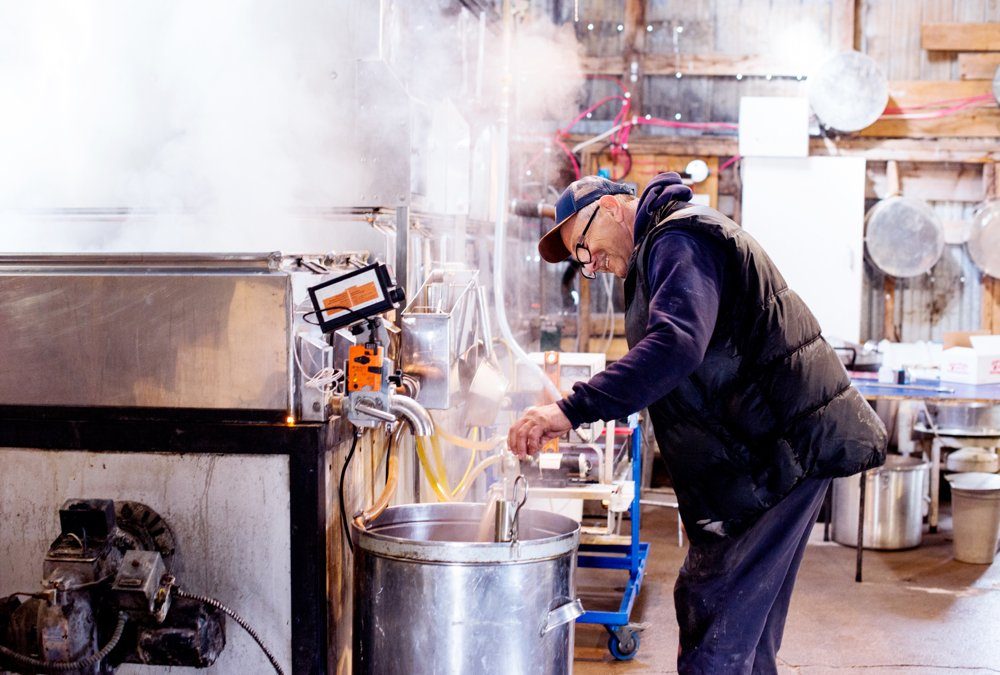Five-year phase-in underway for farm boiler inspections

A five-year phase-in is now underway for owners of pressure boilers used in agricultural applications to bring their equipment into compliance with Ontario regulations.
The change affects greenhouse operators and some maple syrup producers, wineries and mushroom growers.
Why it matters: Compliance with TSSA regulations will increase safety for farm operators who use boilers.
“The requirements are not onerous,” said The Ontario Greenhouse Alliance (TOGA) president Jan VanderHout during a recent interview. VanderHout, owner of a greenhouse operation near Waterdown, said the most important outcome of the change, first announced in July 2020, was to give the Technical Standards and Safety Authority (TSSA) the means to enforce upgrades to equipment if deemed through inspection to be unsafe.
“It’s a significant improvement for greenhouse operators who are concerned about safety,” he said.
By March 1 of this year, owners were supposed to register details about their equipment with TSSA. By July 1, newly installed equipment must be inspected in accordance with the lifting of the exemption. Over the next five years, existing equipment must also be brought under an inspection protocol.
VanderHout said it’s expected the farm operators’ insurance companies will be responsible for routine inspections. TSSA, in the early stages, will act as a support to commodity organizations such as TOGA, Flowers Canada, Ontario Greenhouse Vegetable Growers (OGVG), Mushrooms Canada and the Ontario Maple Syrup Producers Association to bring them into compliance.
There may eventually be a need for TSSA to become more active in enforcement, VanderHout said, especially with producers of crops that don’t have an umbrella organization serving their interests. That would include eggplants, cannabis and flower growers under a certain size.
VanderHout said TOGA, which jointly represents OGVG and the Ontario chapter of Flowers Canada, has had open communication with TSSA and the province even before the inspection exemption was identified as a potential safety risk in a 2018 report by Ontario’s Auditor-General. TOGA has recently encouraged TSSA to identify boiler equipment on farms that may not belong to commodity organizations.
“That’s something they really need to be diligent on,” the TOGA president noted.
VanderHout is confident the TSSA will continue using a soft touch with enforcement even after the phase-in period is complete.
“I don’t believe they’ll be going in and shutting anybody down immediately, especially in the middle of the winter,” he said. “Not unless there’s an imminent threat, like if there’s a boiler that’s likely to go in the next few days. Only then will they close a valve and put a tag on it.”
There will be a fee for TSSA licensing, although how much isn’t yet clear.
“TSSA fees are levied using a cost-recovery model for registration, inspection, engineering, variances and licensing services,” the TSSA website states. However, the agency is still “finalizing a new fee structure that … is expected to be in place before July 2021.”
Source: Farmtario.com

